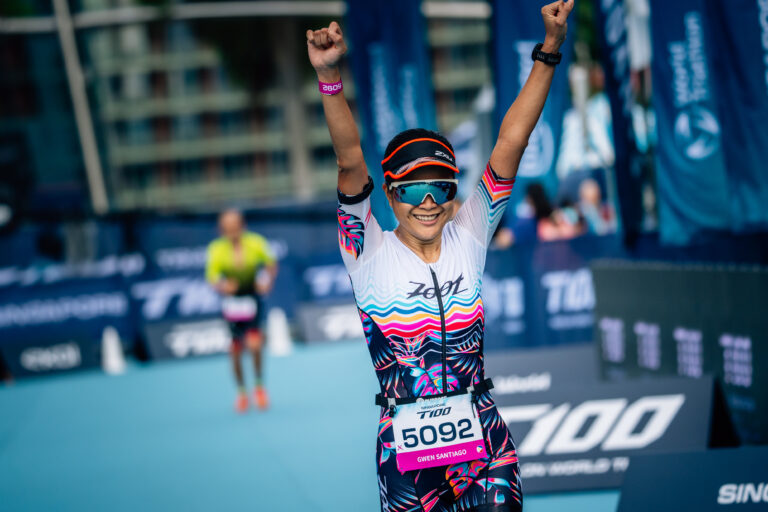Earlier this month we had the opportunity to speak to Michelle Lau - Founder of Nutrilicious and International Olympic Accredited (IOC) Sports Nutritionist - on protein and HMB as an essential building block for runners and how important it is for muscle building and retention for active individuals.
Q: Many recreation runners have the mentality that they aren't running for performance and results and hence they don’t need supplements. What is your take on this?
Michelle: In general, it is true to a certain extent that recreational runners don't need additional supplementation if they are already on a well-balanced diet. However, this really depends on the mileage and training load. From a performance point of view - for distance runners- caffeine and nitrate are two key supplements that the consensus review recommends. However we have to understand that for recreational runners - the risk often stems from the exposure to a variety of ifferent training with and untrained or significantly lower level of fitness. One such example would be high intensity resistance training - a commonly adopted training across both the performance and recreational sports scene at the moment. Although it is an effective and essential method for athletes looking to improve their strength and encourage hypertrophy - this induces significant stress on the body and potentially damages the skeletal muscle which may lead to a longer period of recovery (several days).
Many recreational runners put themselves through such skeletal muscle tissue disruption that could benefit largely from proper supplementation of their diet with protein and HMB. In addition to speeding recovery from such high intensity exercise, studies have shown that HMB may also assist athletes in preventing loss of lean body mass in catabolic situations such as caloric restriction, improve aerobic performance as well as augment body composition and physical performance in aging individuals in general. Personally, I am a wholefood, food-first approach dietitian so I would suggest getting these supplements from an individual's daily diet and unless it's not convenient or for some reasons can't be obtained from the diet then the individual should seriously consider supplements to reap the benefits of recovery.
Q: Do Triathletes and Runners needs the same amount of Protein supplement as Bodybuilders/Cross fit trainers?
Michelle: Recommendations for protein supplementation can vary significantly depending on a wide range of factors such as:
- Type of Sport / Event Distance
- Body Weight
- Training Goal (Recreational / Performance)
- Exercise Intensity and Duration (Intervals, Long Run etc.)
- Current Training Status (Base Phase, Tapering etc.)
- Others (Individual's reaction to supplement consumption etc.)
The general rule of thumb that nutritionists advise is that endurance athletes should consume 1.2 to 1.4 g/kg of the body weight; and body builders between 1.2 to 1.7 g/kg of body weight. So, yes - pure strength training athletes do see a higher upper limit in comparison to endurance focused training in terms of protein supplementation. To fully optimize the acute and chronic effects of HMB in speeding up recovery, it is crucial that the supplementation intake is timed prior to exercise for both trained and untrained individuals. However, for the busy individual who does not have the habit of regular meal preparation, it is nearly impossible to meet the required amounts of healthy protein intake on the go - and as such, supplements come into play to ensure the athlete gets the required protein intake within the crucial window. Triathletes and runners - due to the cardiovascular nature of the sport – also require a significant amount of carbohydrates to sustain them over the duration of the event. An athlete should look to plan his / her supplement intake around each specific training session to fully optimize the training volume and intensity of each session to improve performance.







Comment (0)